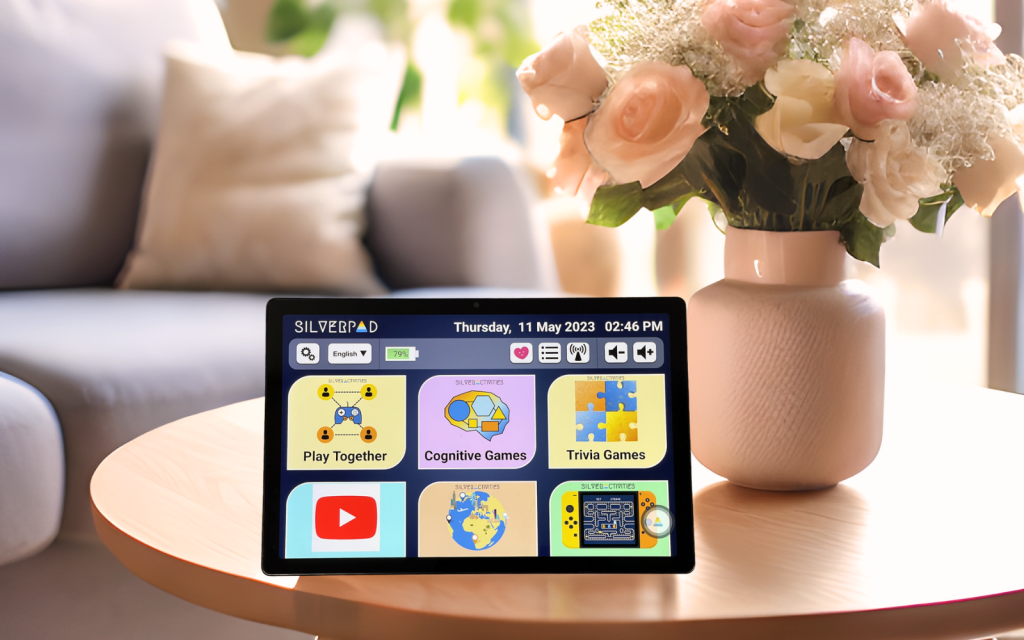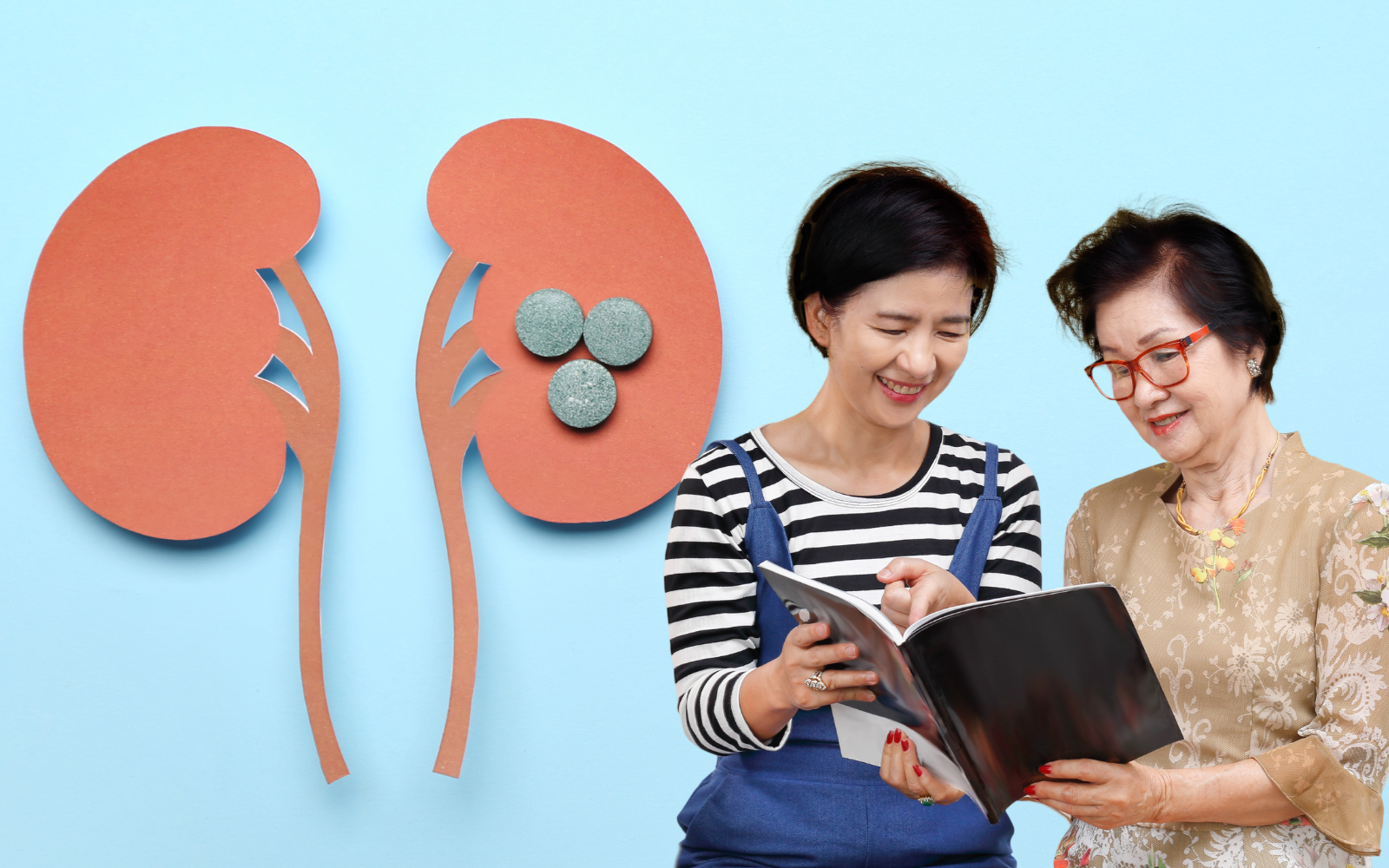As caregivers, we are often thrust into a role that we have little preparation for, and when the care involves dialysis, it can be quite daunting. The purpose of this article is to provide practical tips that can ease the journey for new caregivers assisting elderly loved ones on dialysis.
1. Understand the Fatigue Factor
The dialysis process can be uncomfortable and draining. Post-dialysis fatigue is a real and significant aspect of a patient’s life. It’s essential to acknowledge that your loved one may often feel tired, especially after a dialysis session. Pack a small bag with snacks and water for them to consume before or after their session, but always remember to follow the dietary guidelines set by their doctor or dietician. Develop a quiet, comfortable space where they can recuperate undisturbed.
2. Comfort Items at the Dialysis Centre
Encourage your loved one to bring items that make them comfortable, such as a favorite blanket or pillow, headphones to listen to music or audiobooks, or a tablet device to watch movies or shows. If you are unable to accompany them to appointments, arrange for reliable transportation to and from the dialysis center.
3. Foster Independence
It’s natural to want to do everything for your loved one. However, promoting independence where possible can greatly enhance their morale and sense of self-worth. Encourage them to participate in daily activities they can manage, such as setting the table, folding laundry, or watering plants. Use assistive devices to support their independence, such as a walker or wheelchair if mobility is a concern. Always balance safety and their ability to carry out tasks independently.
4. Implement a Dialysis-Friendly Diet
Diet plays a crucial role in managing the health of a dialysis patient. Understanding and implementing dietary restrictions can have a positive impact on their well-being. Limit high-sodium and high-potassium foods, and encourage low-phosphorus choices. Hydration is important but keep in mind that fluid intake may be restricted. Engage with a dietitian familiar with dialysis care to tailor a meal plan that suits your loved one’s tastes and nutritional needs.
5. Create a Consistent Schedule
A consistent schedule helps to provide structure and predictability, reducing stress for both you and your loved one. Include time slots for medication, meals, dialysis sessions, rest, and leisure activities. Maintain flexibility in the schedule, as there will be days when your loved one might feel less energetic or need extra rest.
6. Be Alert to Changes
As a caregiver, it’s important to stay vigilant for any physical or emotional changes in your loved one. Regularly monitor their weight, blood pressure, and overall mood. Keep an eye out for signs of infection or other complications, such as fever, increased fatigue, or changes in skin color. If anything seems off, don’t hesitate to reach out to their healthcare provider.
7. Embrace Self-Care
Caring for a loved one can be demanding, and it’s crucial to remember to care for yourself as well. Make time for activities you enjoy, and ensure you’re eating healthily and getting enough rest. Lean on support systems, be it friends, family, or caregiver support groups. You can only provide the best care when you’re also taking care of yourself.
8. Exercise and Activity
Encourage gentle physical activities, like short walks or light stretching exercises, as recommended by the healthcare team. Regular activity can help maintain muscle tone and a sense of well-being.
Being a caregiver to a loved one on dialysis is a journey of love and patience. These tips are a starting point to help you navigate this path with confidence. While every day might not be easy, remember that every step you take contributes to your loved one’s well-being and quality of life.

In your journey as a caregiver for a loved one, it’s essential to explore various resources and tools that can help enhance their overall well-being. One such valuable product is SilverPad by SilverActivities, a senior-friendly tablet with large buttons and text designed specifically for seniors. It offers a range of engaging games and activities that stimulate cognitive functions, providing mental stimulation and enjoyment for seniors. Trusted by many senior care institutions and therapists, SilverPad has proven to be an effective tool for promoting cognitive health and maintaining a sense of engagement and connection.

